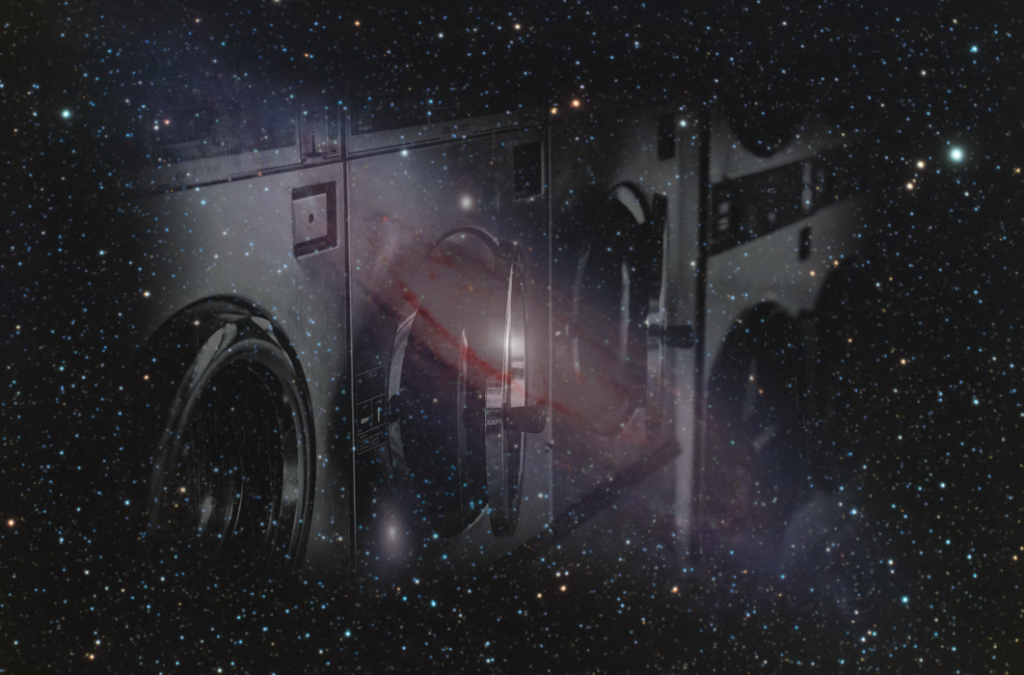The idea behind 00001001 Lives (that’s 9 Lives for those of you not fluent in binary) started with one of favourite story telling methods – in media res – loosely, in Latin, ‘in the middle of the business’, or, in other words, a story that has already begun by the time you, the reader, encounters it. I wanted to construct a story told from a point of view in a non-linear fashion, in chunks or pieces, which when combined sequentially would tell the full story.
This is a common trope – telling stories by means of flashbacks and recalling, sometimes from the perspective of different characters who add depth and perspectives to the narrative. What I wanted to do was jump around wildly where neither the subjects nor the reader knew more than the other.
It became part detective story, part betrayal, part buddy movie, and part self-reflection – literally, with the centre character analysing itself and questioning its own motivations and behaviours.
For if any of us were to awaken tomorrow, after a long sleep, with no memory of our lives but the opportunity to piece it together from fragments – wouldn’t we be curious? Who were we? What was our purpose? What had happened to us?
The story owes much to three of my favourite authors – the late, great Iain M. Banks and his coterie of witty, flawed drones from the Culture novels, William Gibson’s sharp language, crashing scene changes and casual-future slang baked deep into his work from the early pieces hammered out on a typewriter, and David Brin’s visionary expanse of the Uplift series – in particular, a scene from Heavens Reach where, in a series of super-luminal hops the crew of the Streaker witness the reverse-destruction of massive structure as they move ‘back in time’ relative to the light from the event hurtling towards them.
I’m delighted to have Part One published by Antipodean Sci Fi as part of Issue 277. Part Two will follow, along with my narration of the full story.





